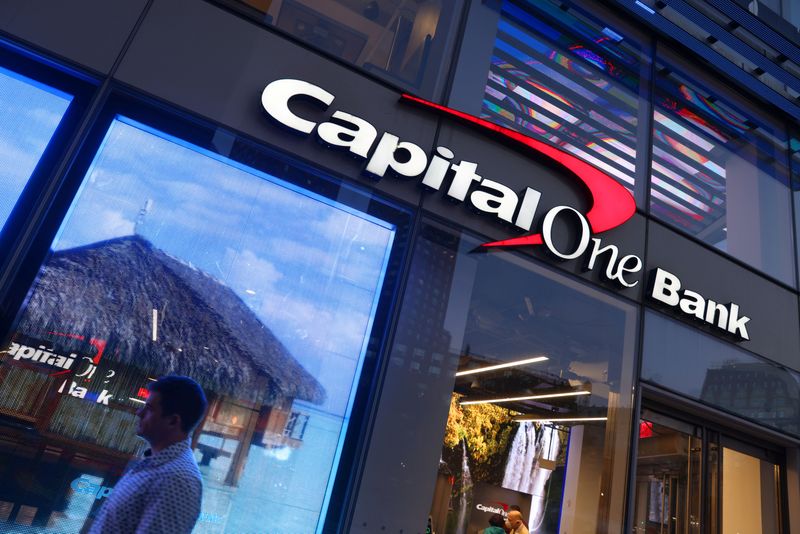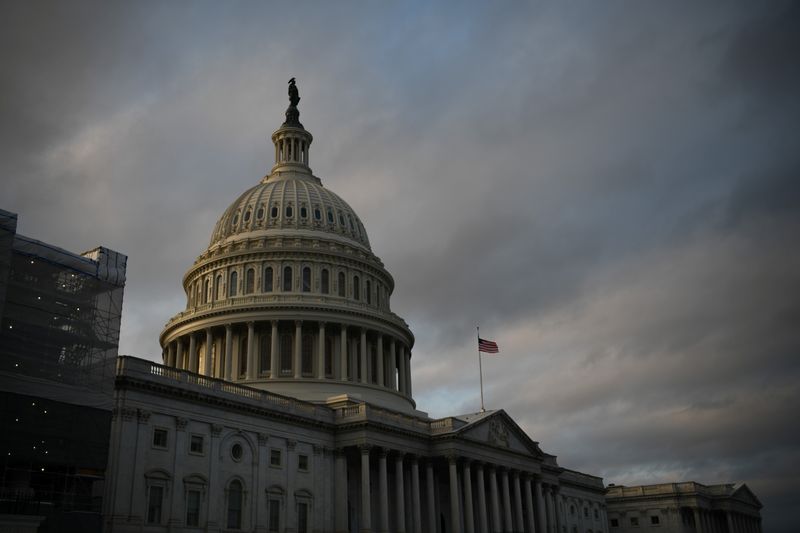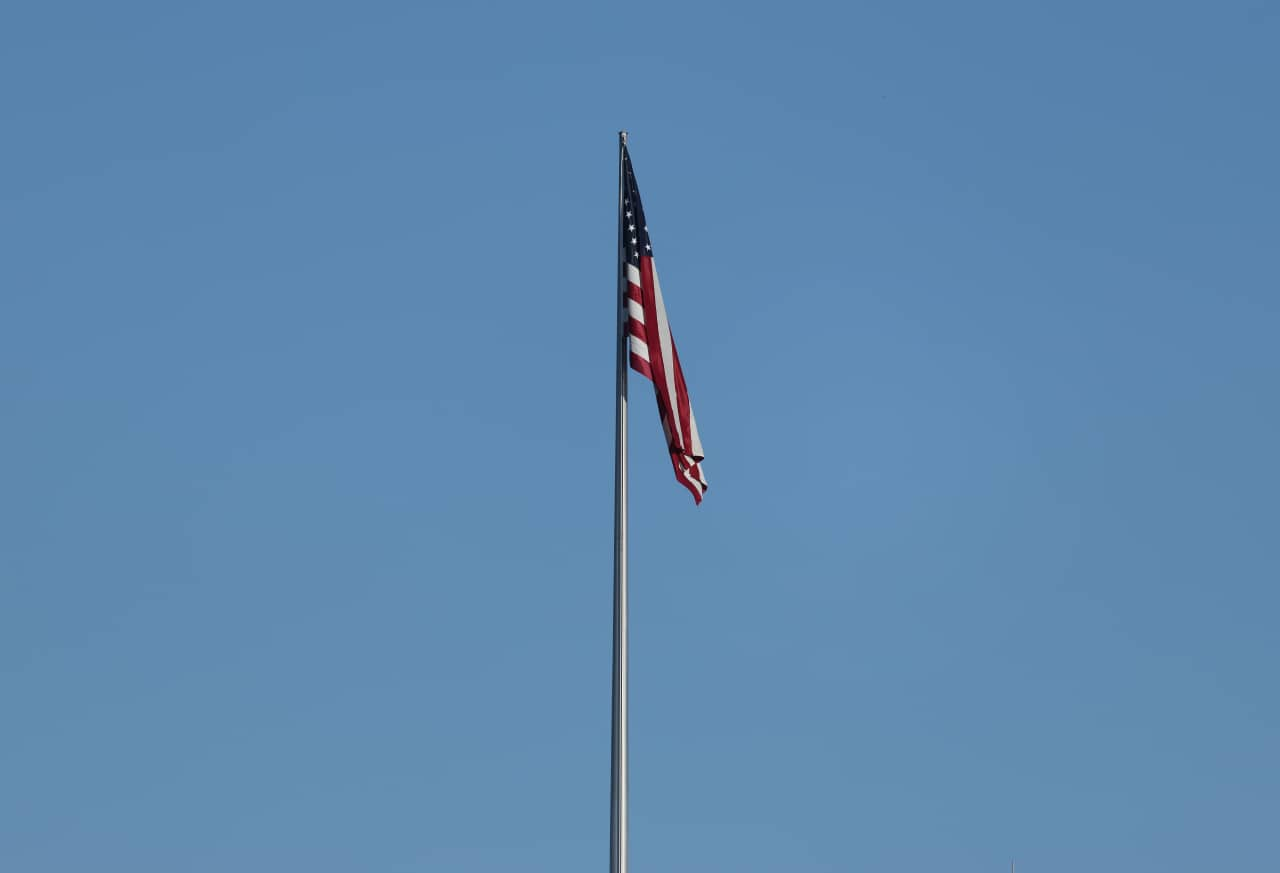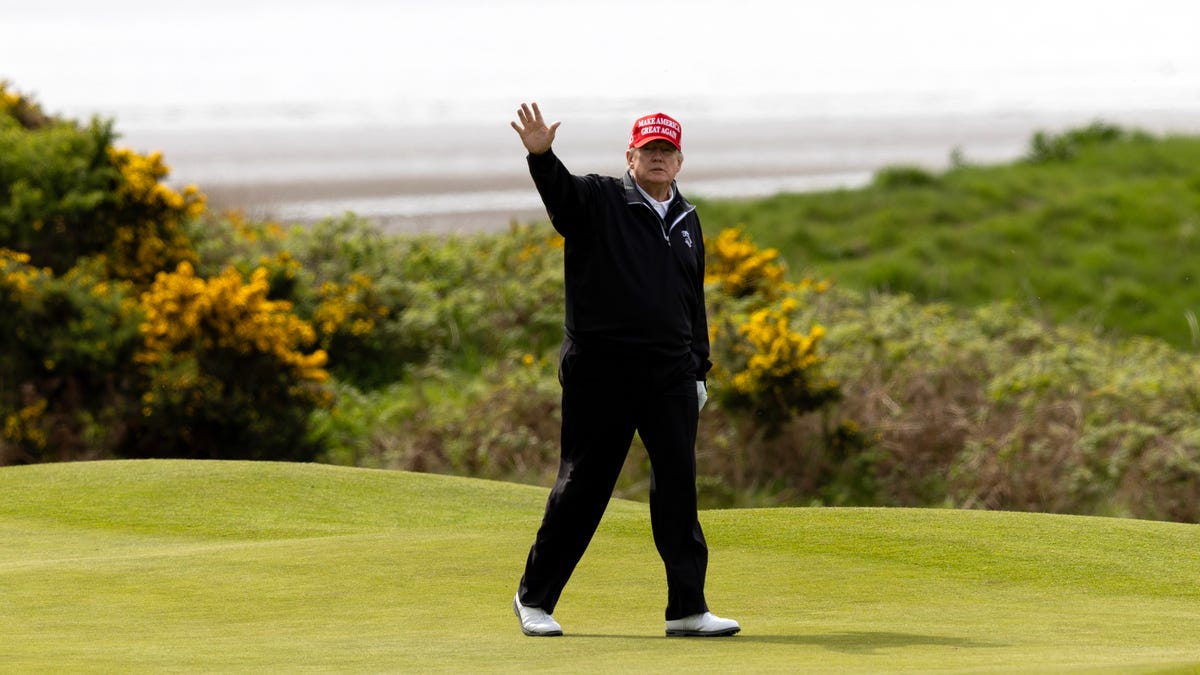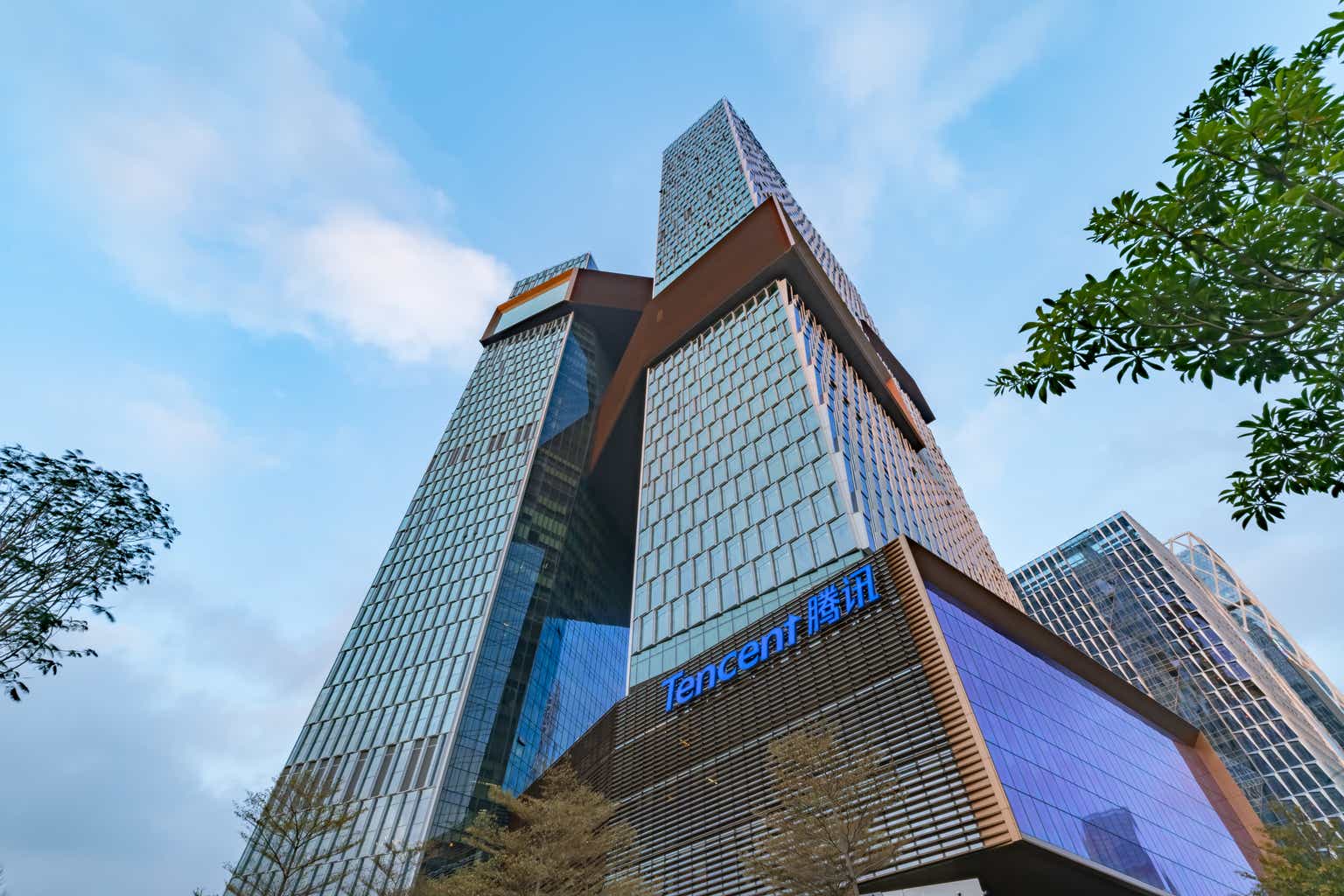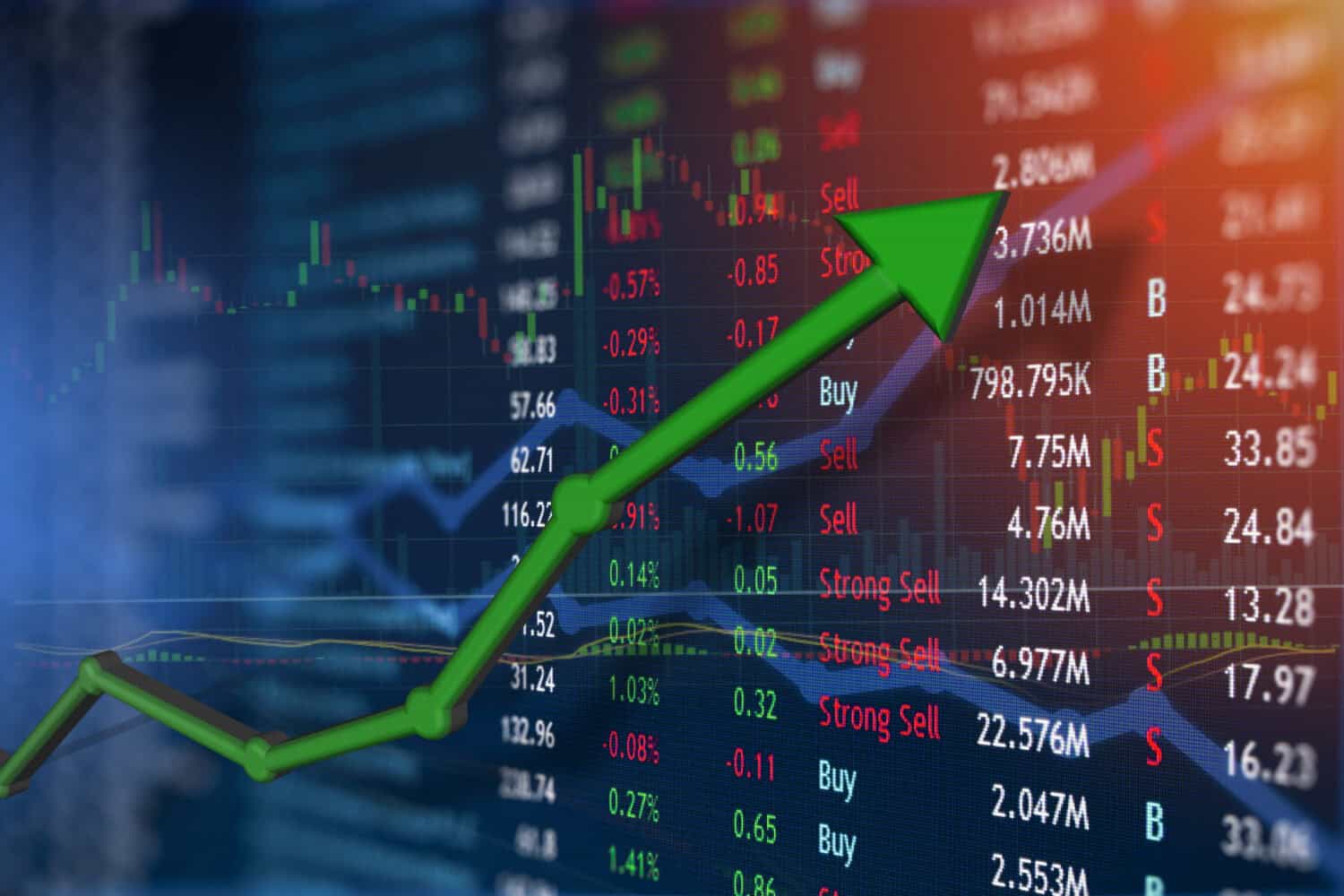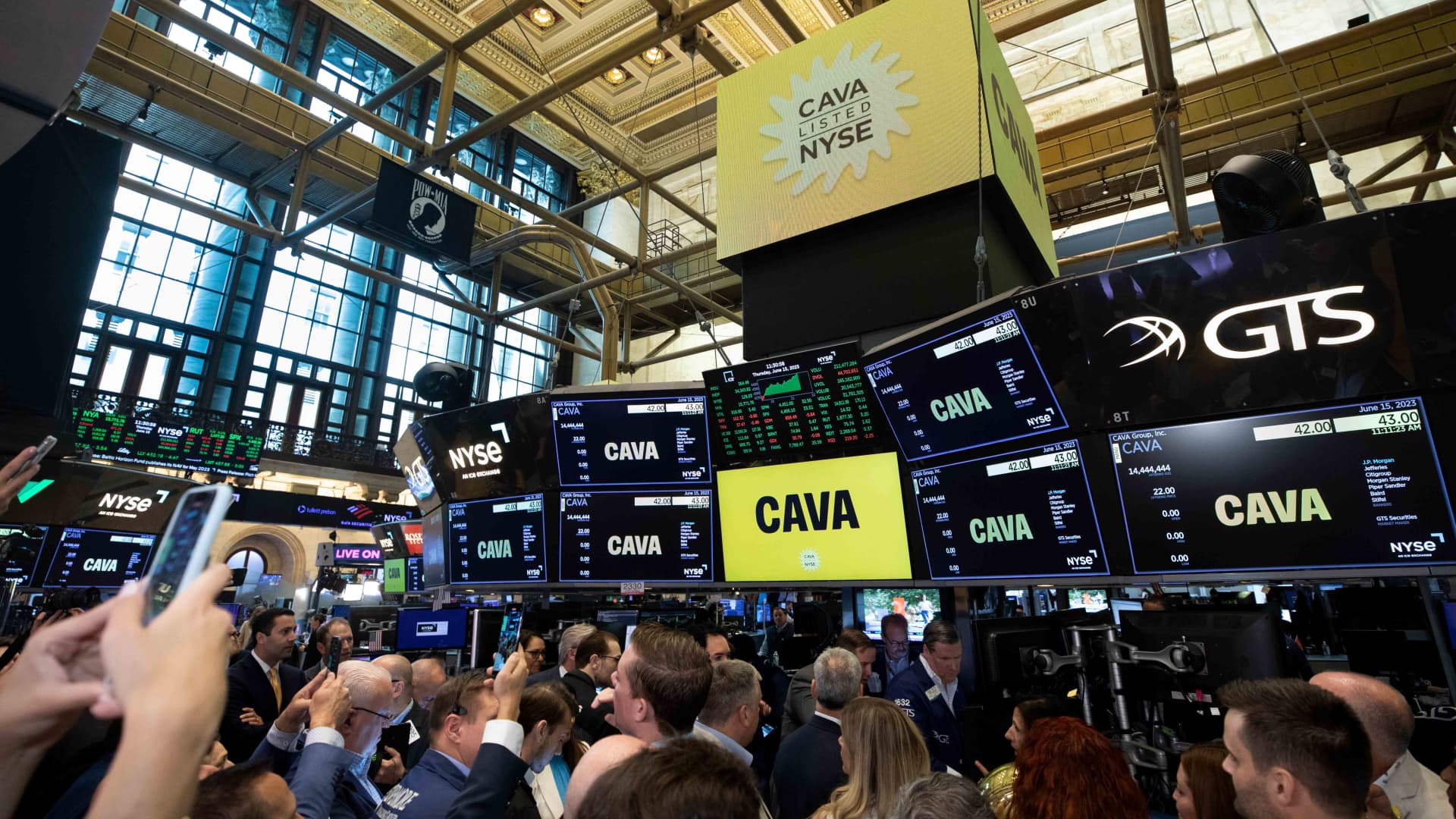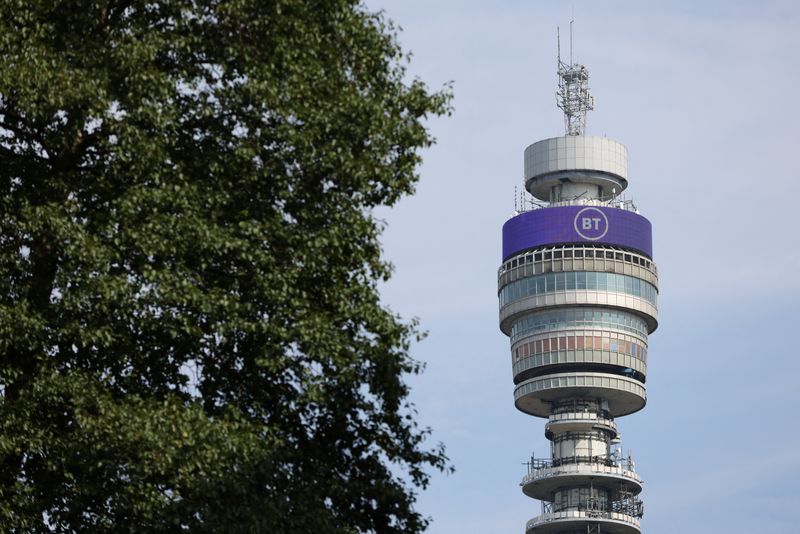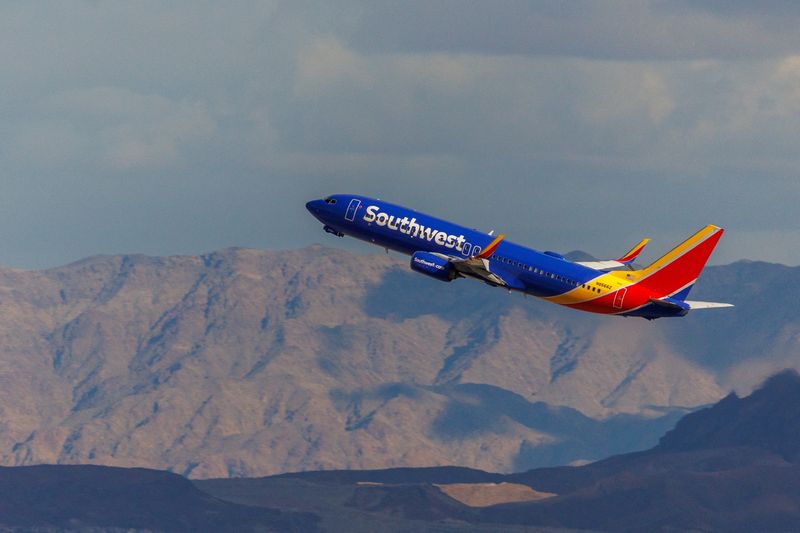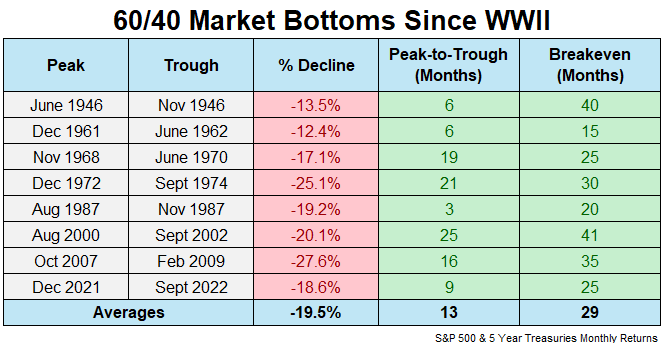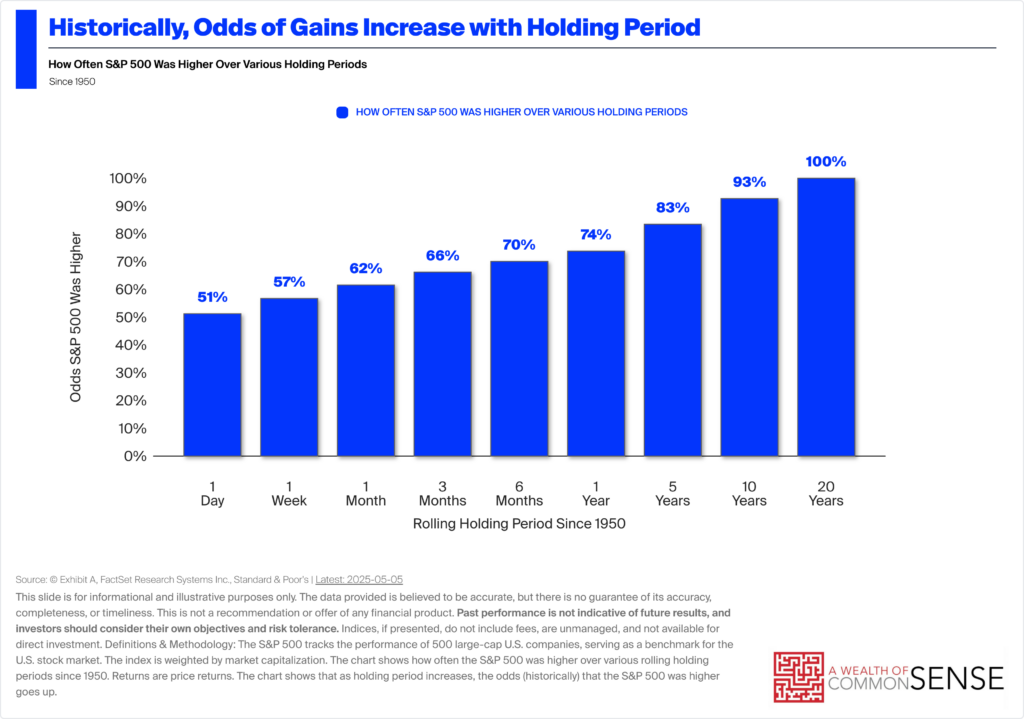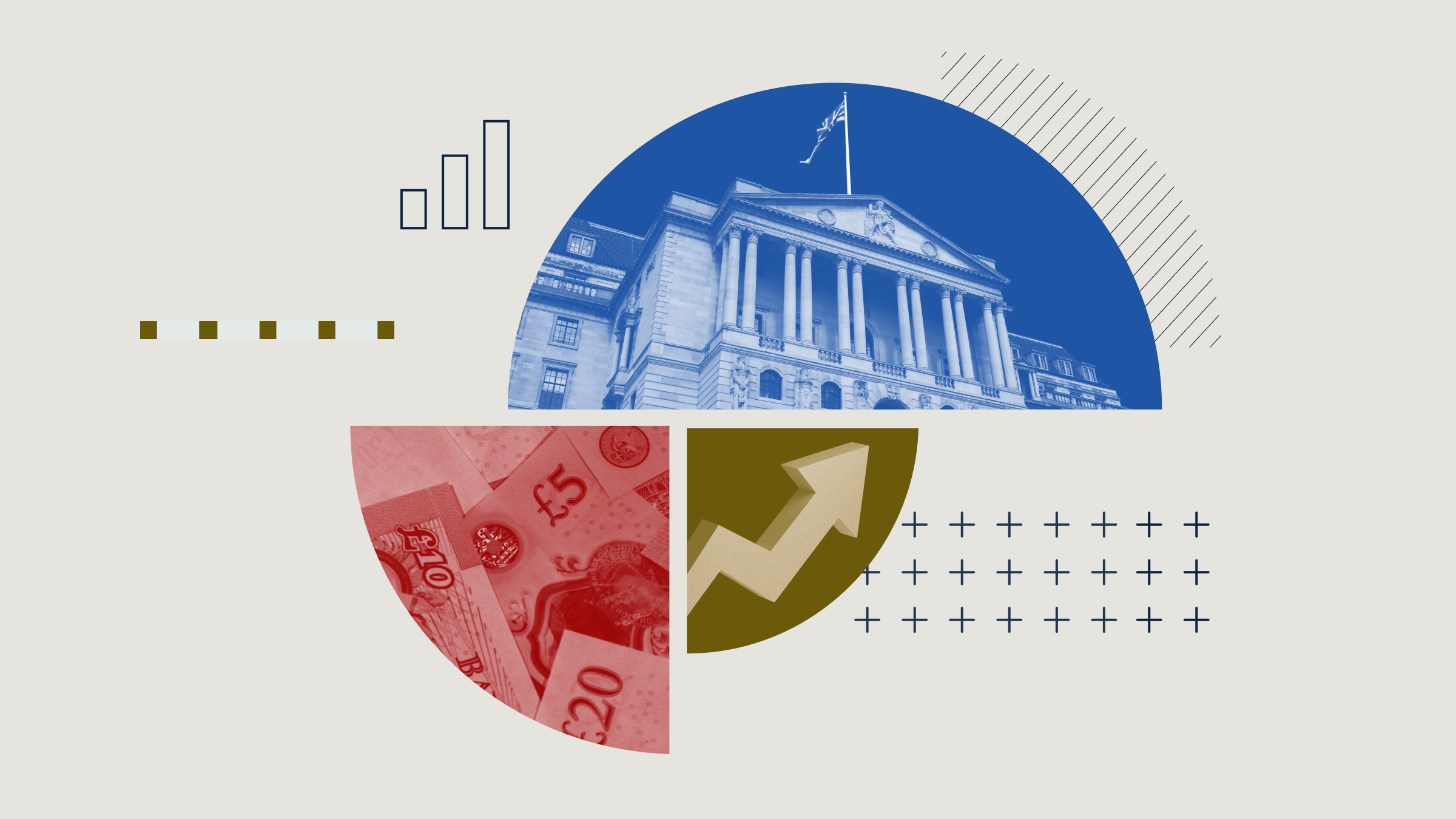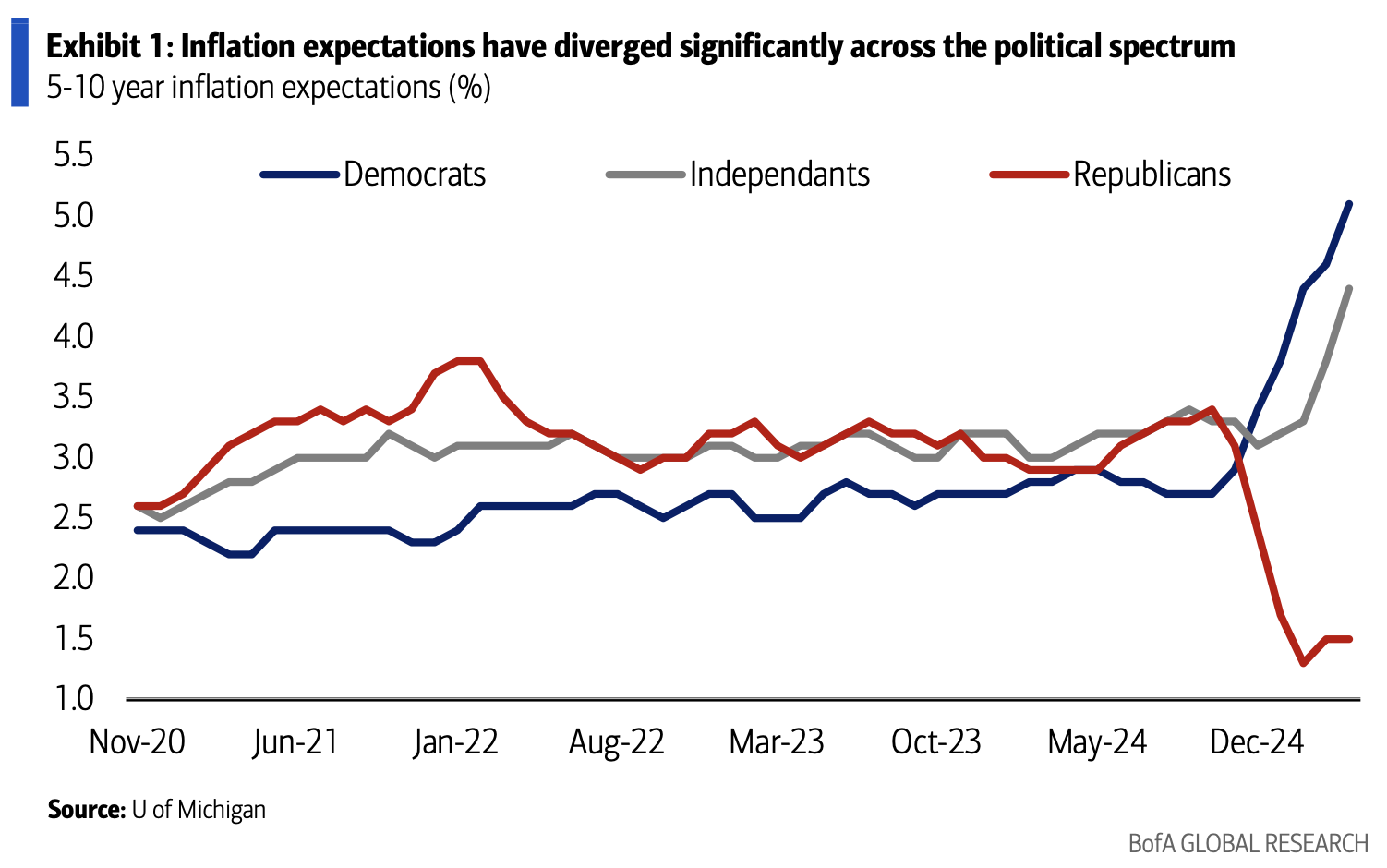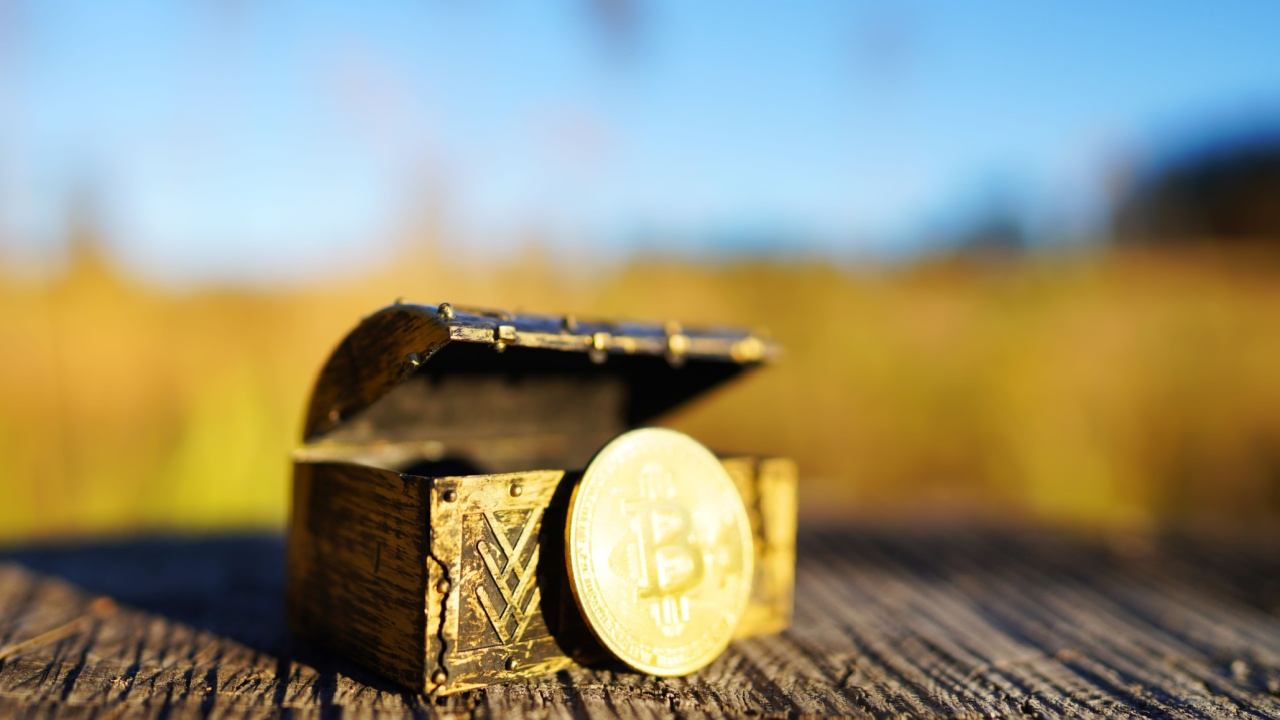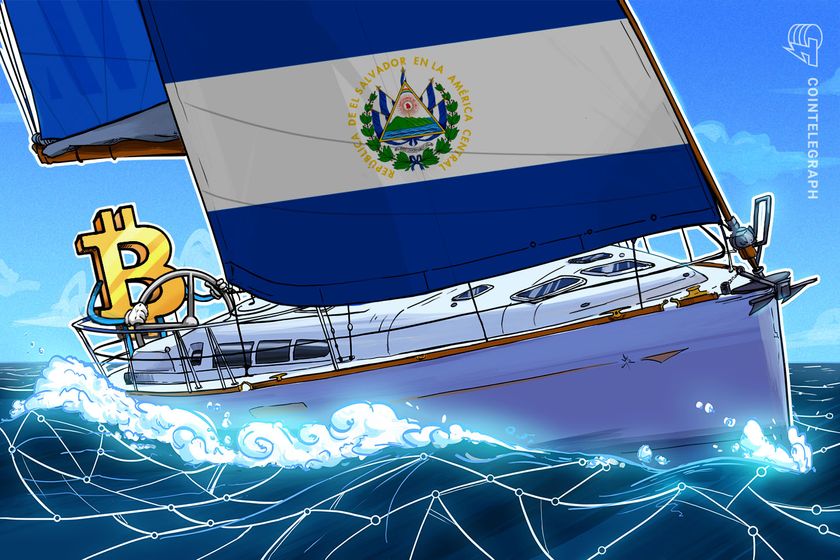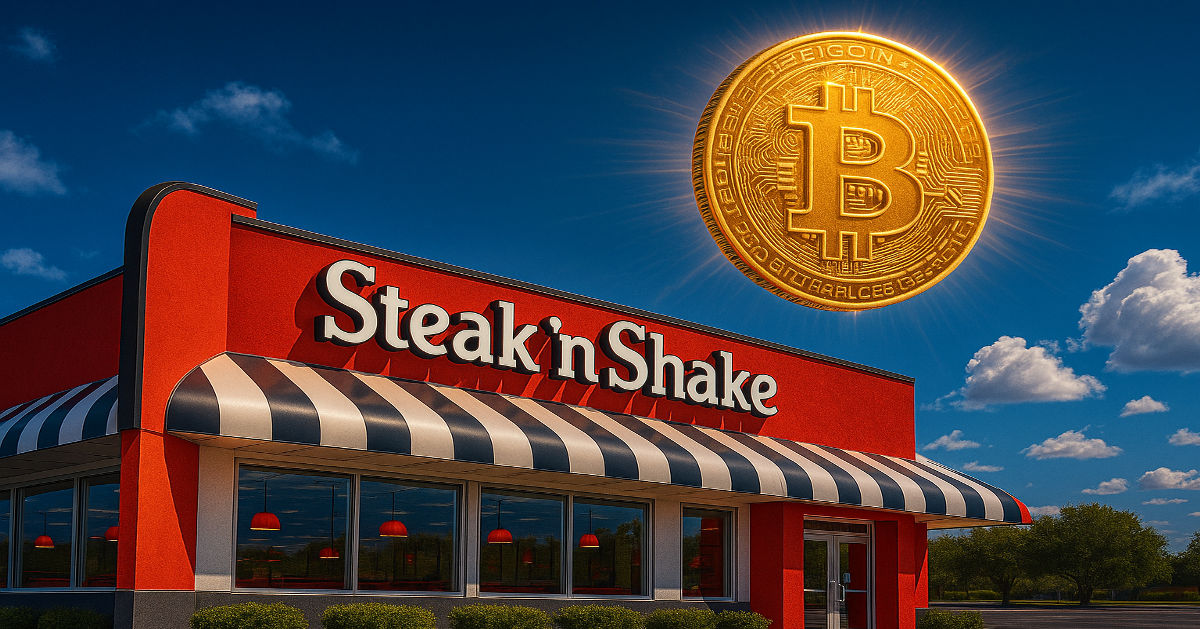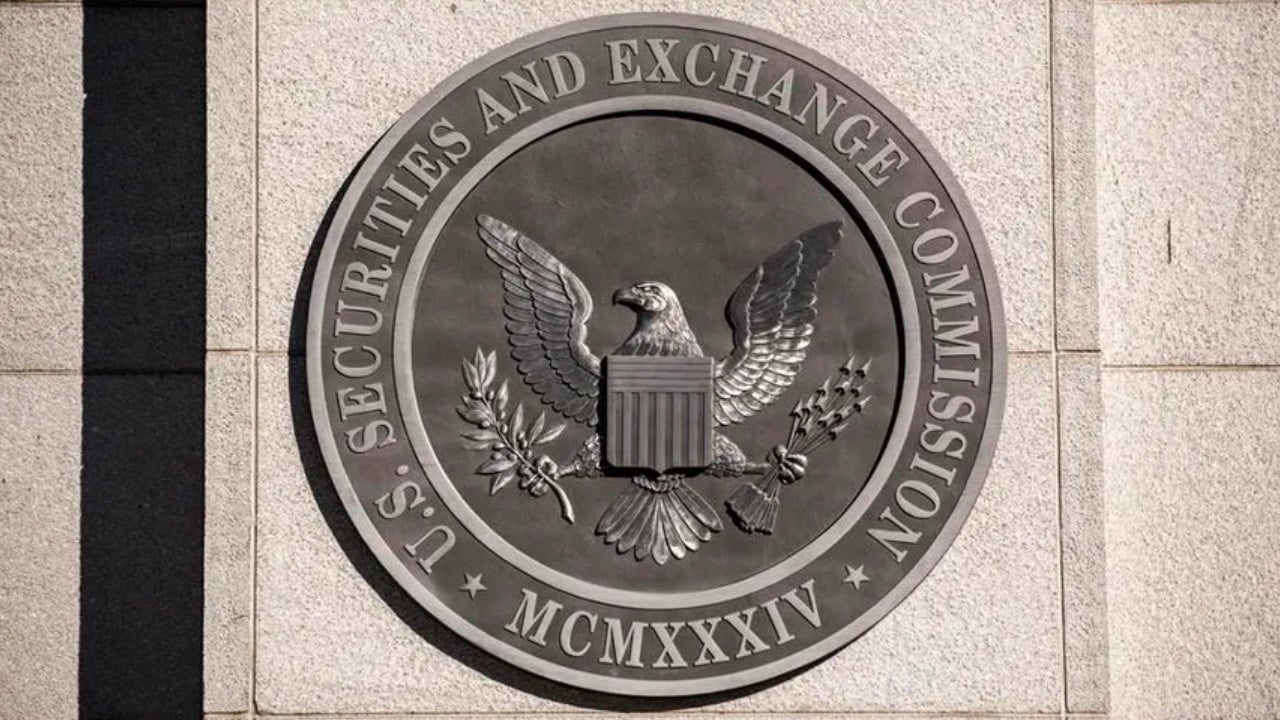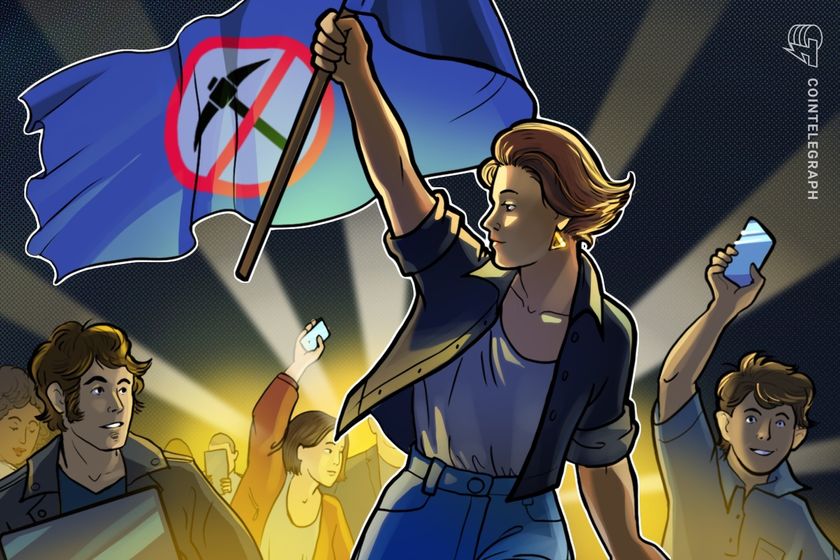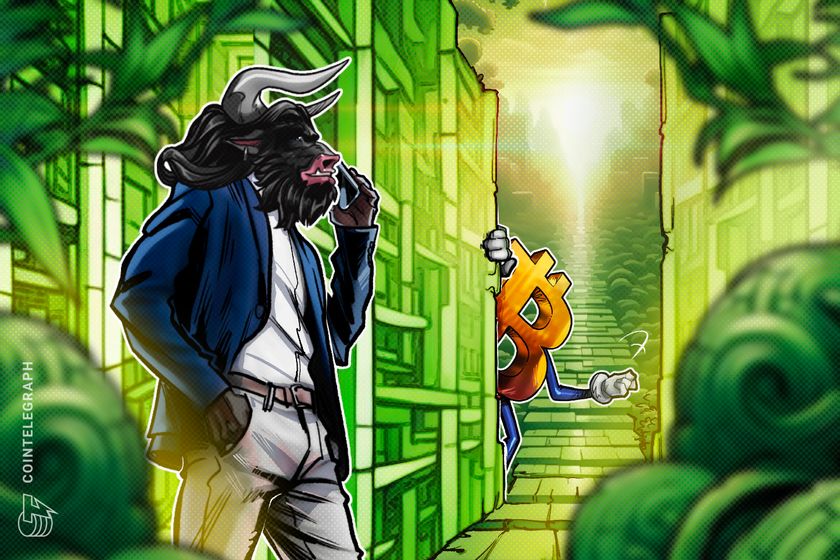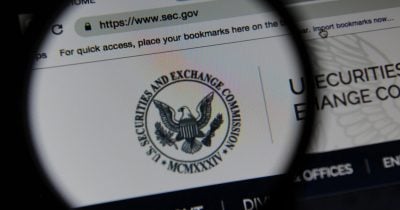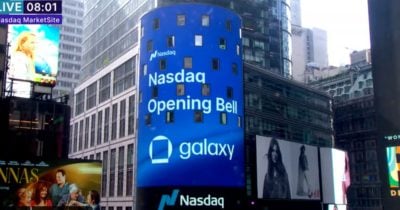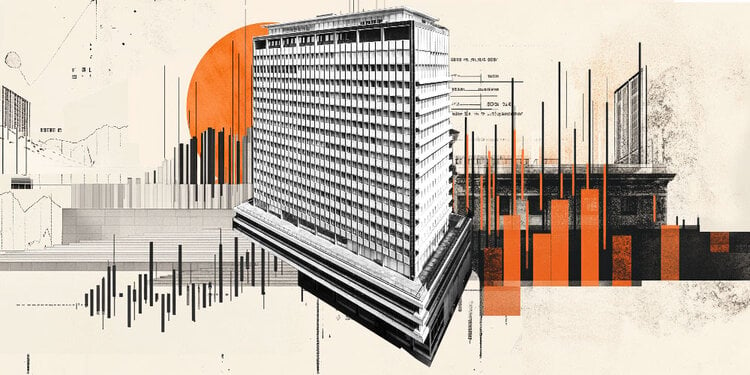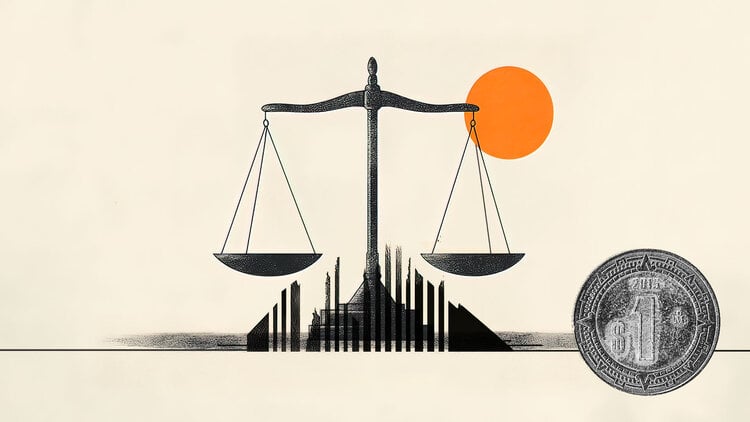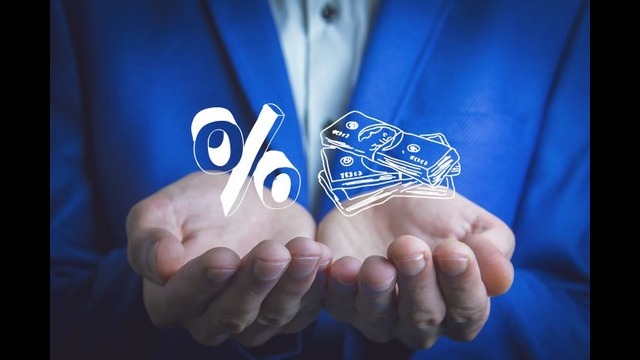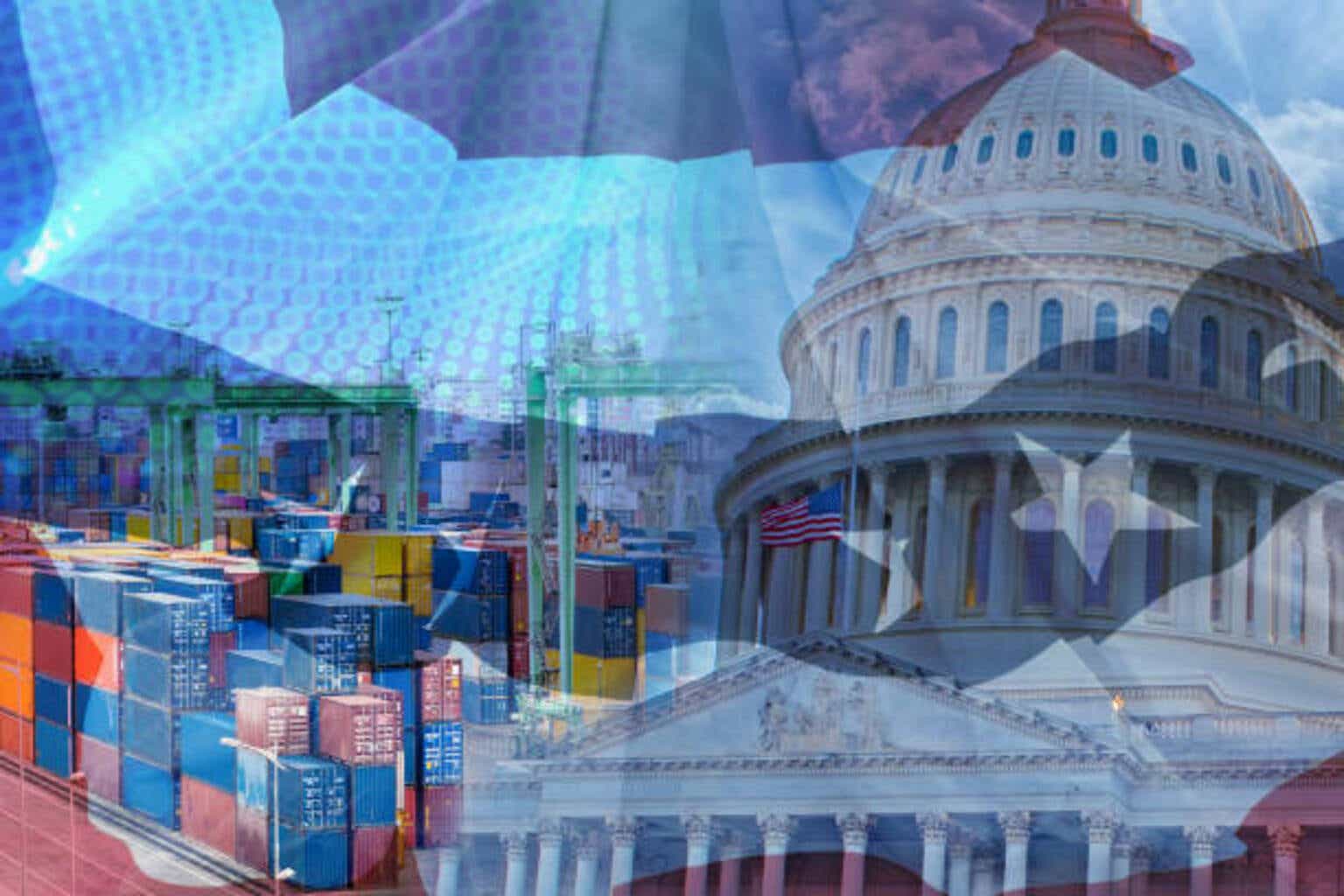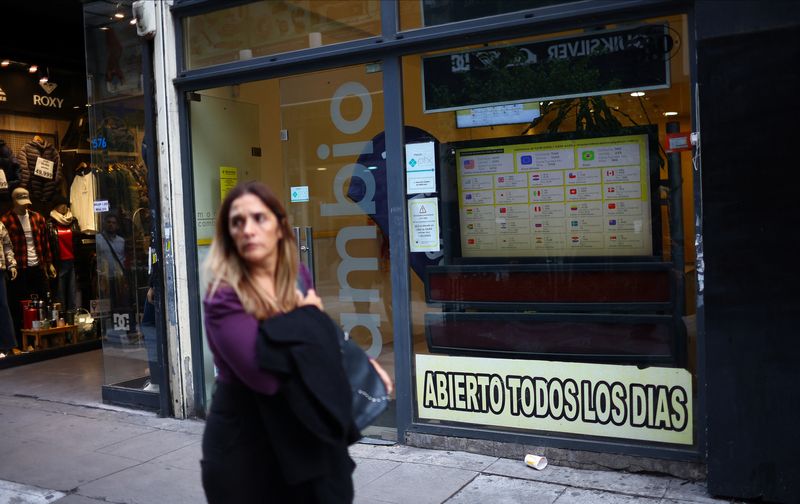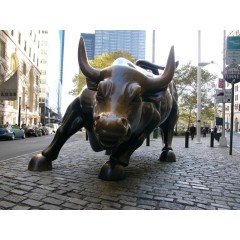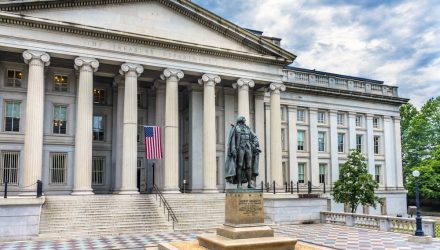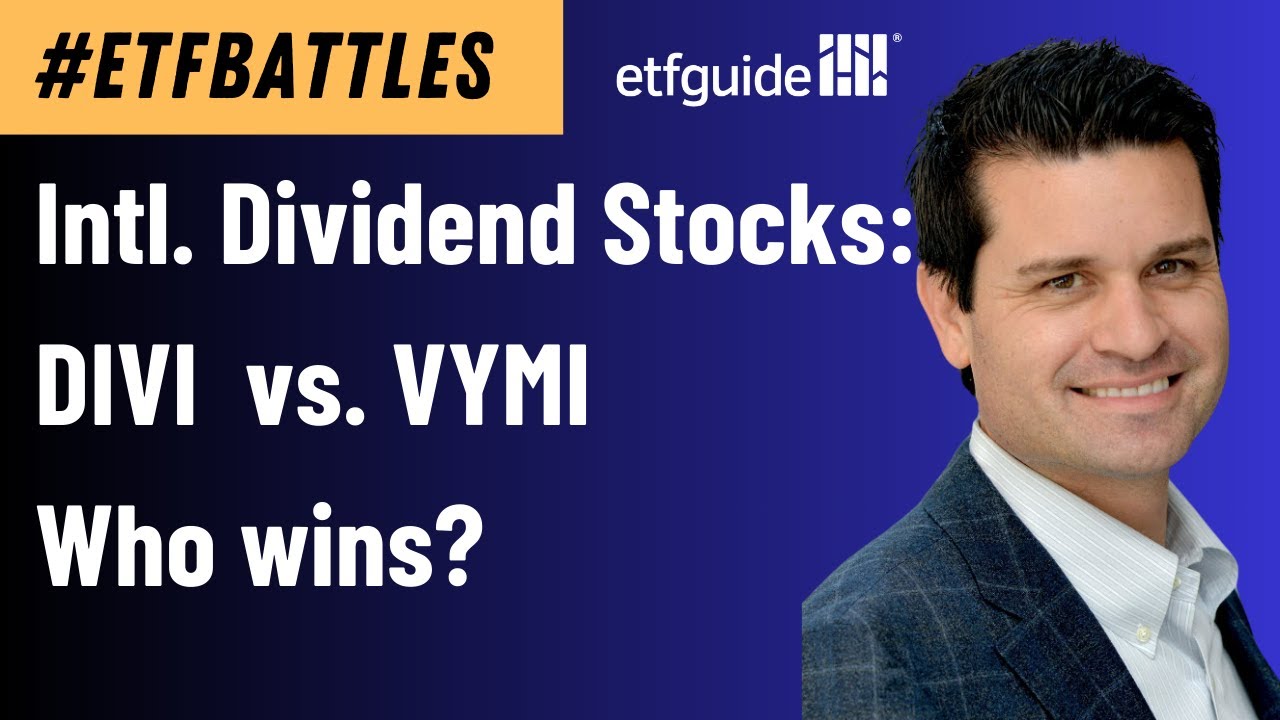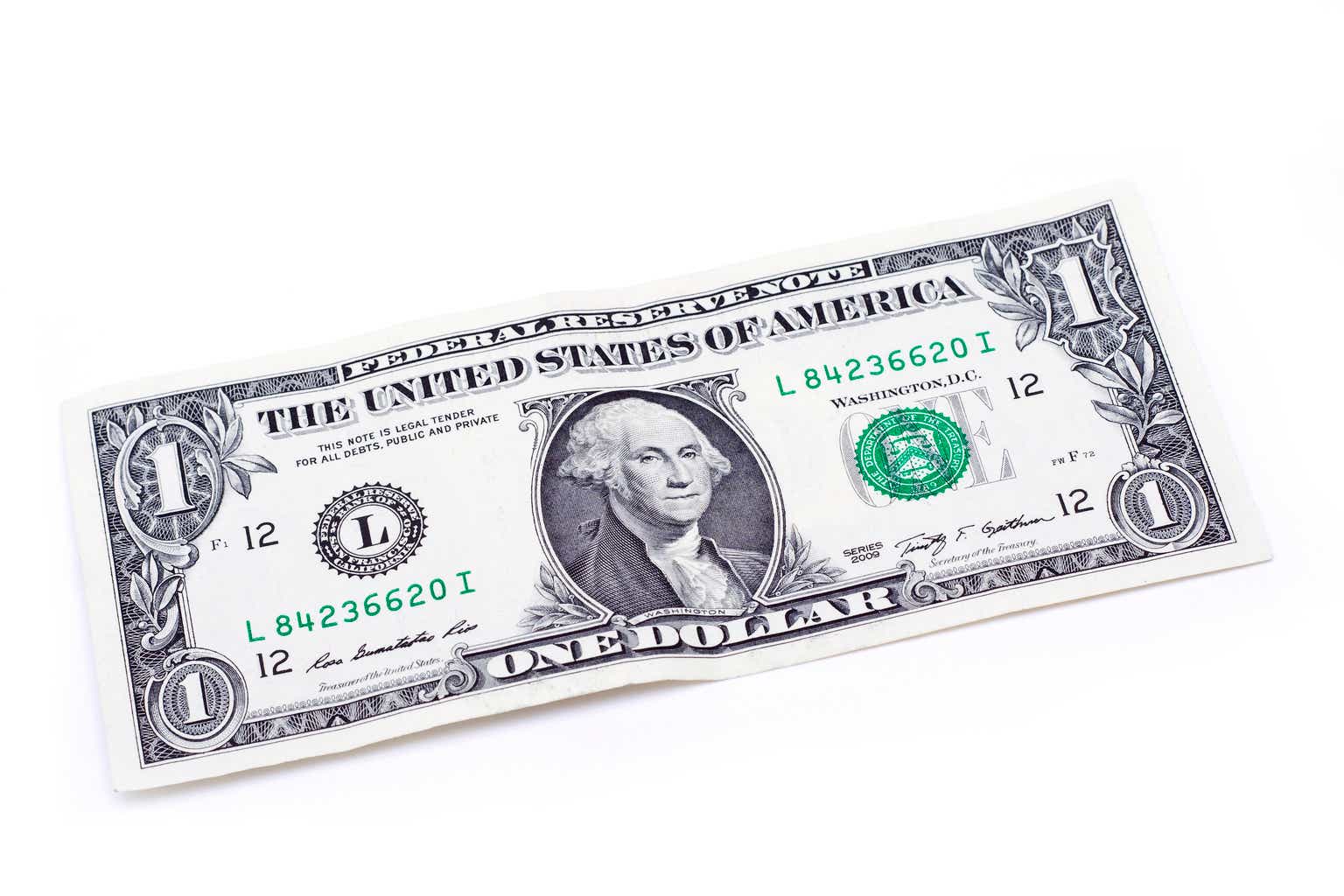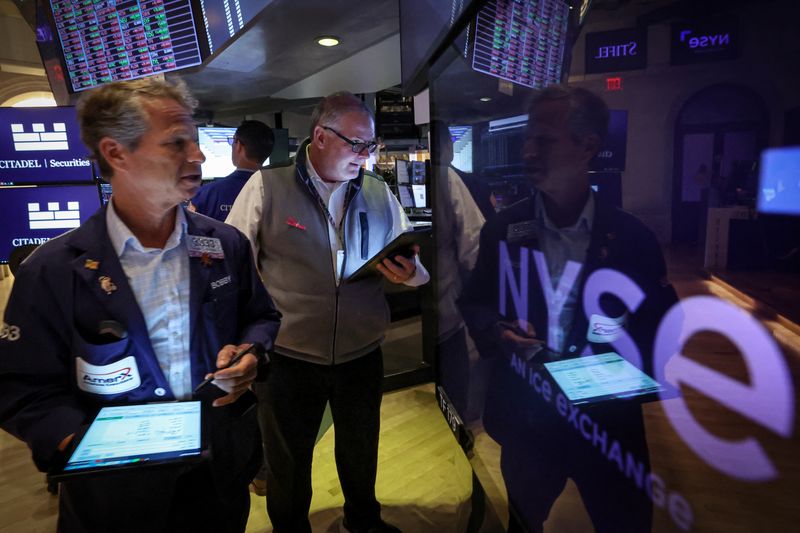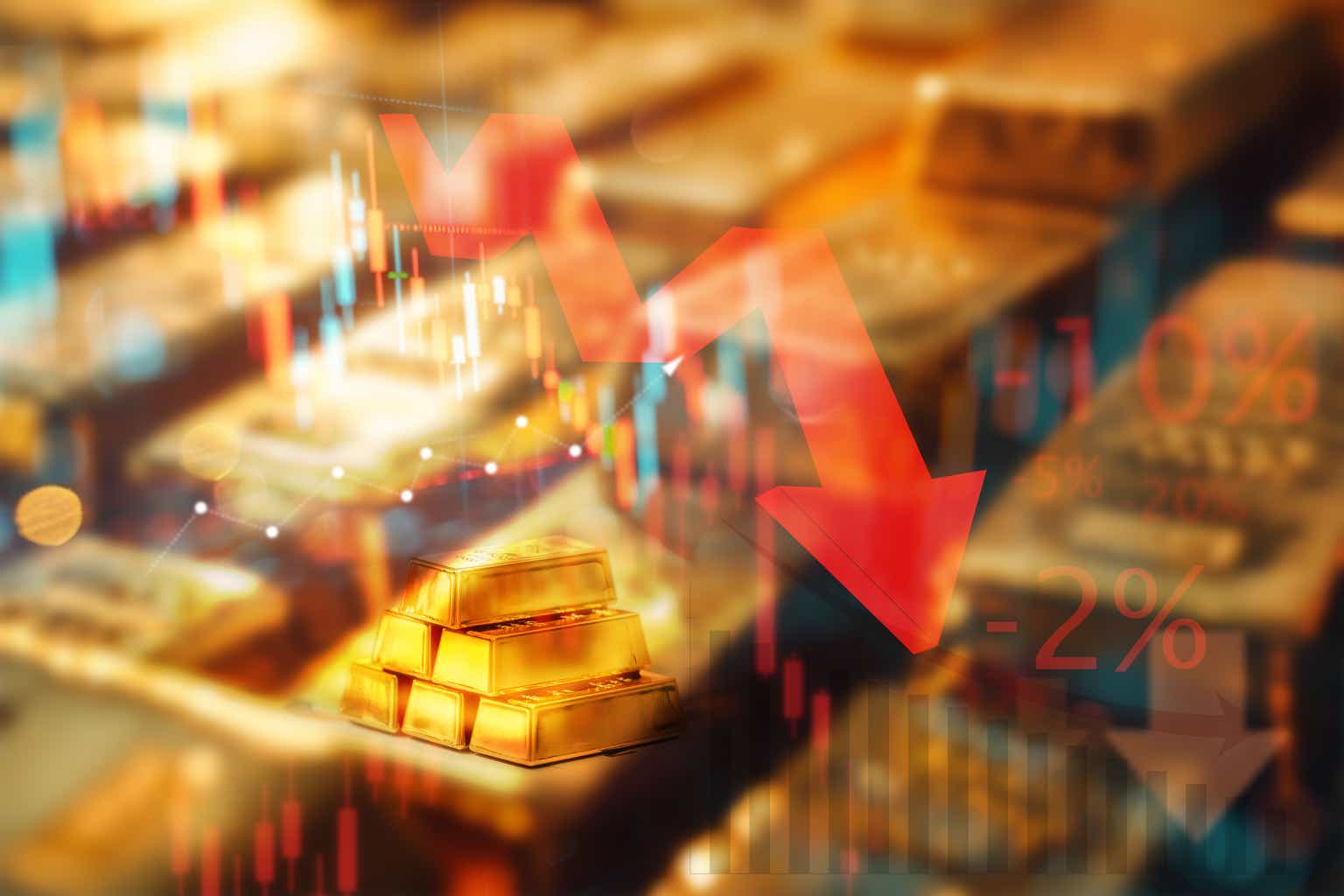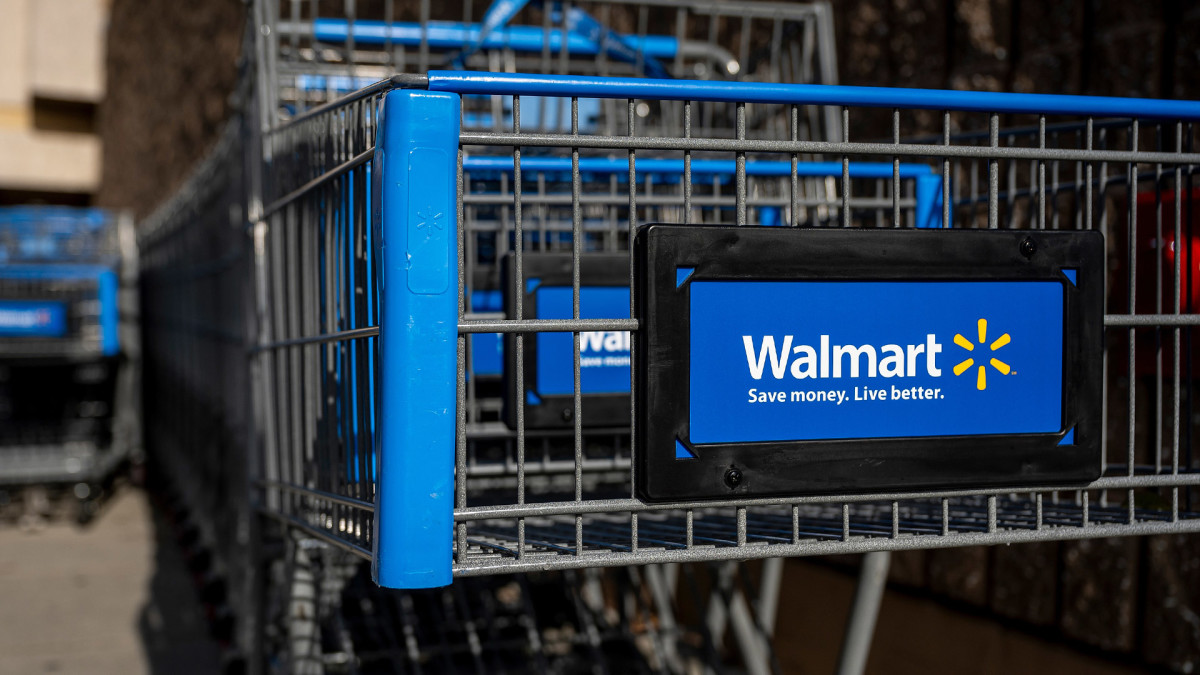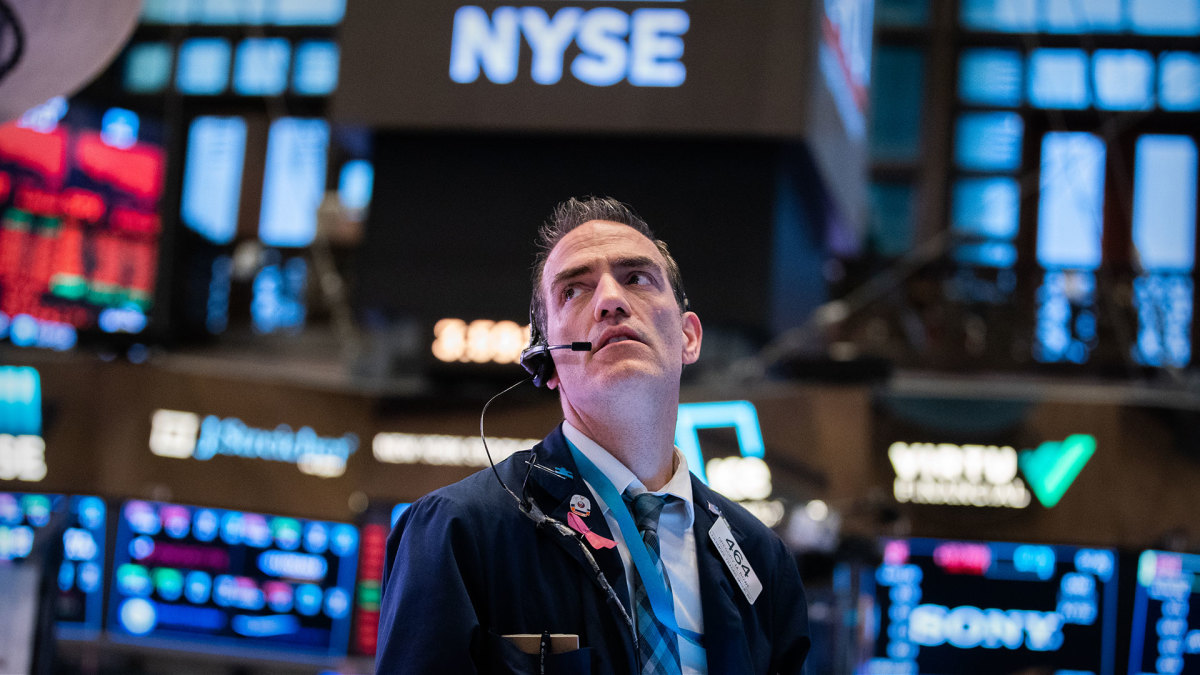Why today’s Wall Street crisis is unlike 2008
Market historian explains why today's market environment is especially unusual.
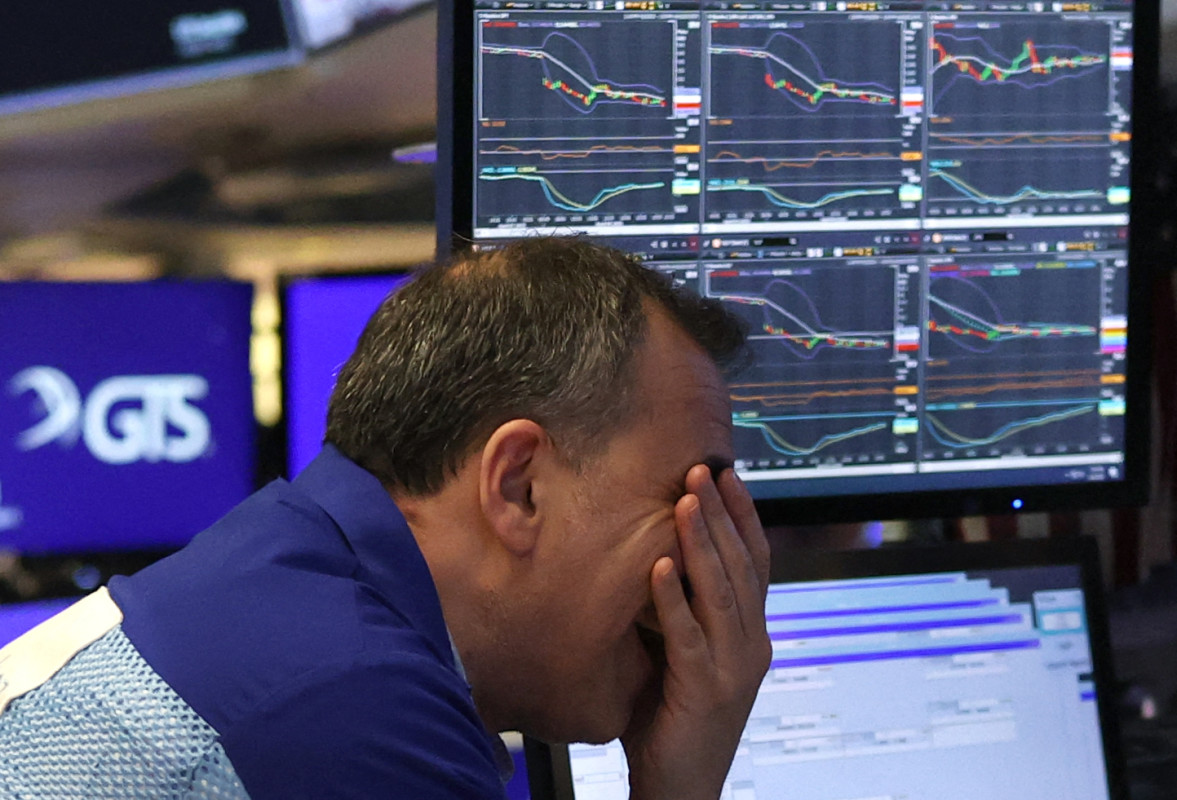
Scott Bok, former CEO of Greenhill and Author, Surviving Wall Street joined TheStreet to discuss the key differences between today's market crisis and the 2008 financial meltdown.
Related: How 2025’s debt crisis compares to the 2008 crash
Full Video Transcript Below:
SCOTT BOK: I think what's unusual about the period we're going through today, which. In some ways makes it even more challenging than a lot of those past crises is just. The kind of uncertainty about how things are going to play out and the fact that there really is a difference in philosophies between different people who are in government and operating in the markets. You know, in the financial crisis, you had the sense that everybody was sort of. Rowing in the same direction. You know, every I remember every Sunday night, it seemed like you wanted to watch the news because there was going to be some new announcement. There was some new government program, some new sort of government, you know, lending. Or stimulus or something like that to try to get the economy going again, you know.
This time around, you've got this kind of tug of war between those who think that you know, we need to have very substantial tariffs and really change the way the global trading system has worked, and those who are hoping that we really don't do too much to that, that trading system. And I think how that plays out is really difficult to figure out, in part because, you know, my book really chronicles the 40 year period where Wall Street went from a very, very small place when I graduated from college to a very large one today. In that period, the Dow Jones Industrial average went from under 1,000 the day I graduated college to 40,000.
Today, I think you could call that period a period, really, of globalization. You know, I you saw the European Union come together. You saw the Berlin Wall fall. You saw China get access to the World Trade Organization, you saw trillions of dollars of M&A, the kind of thing my firm did that caused national and global enterprises to be built. And if all that has to be, to some degree unwound, because we're not going to be a fully integrated global economy. I think there's real questions as to how that plays out for markets and for economies.




